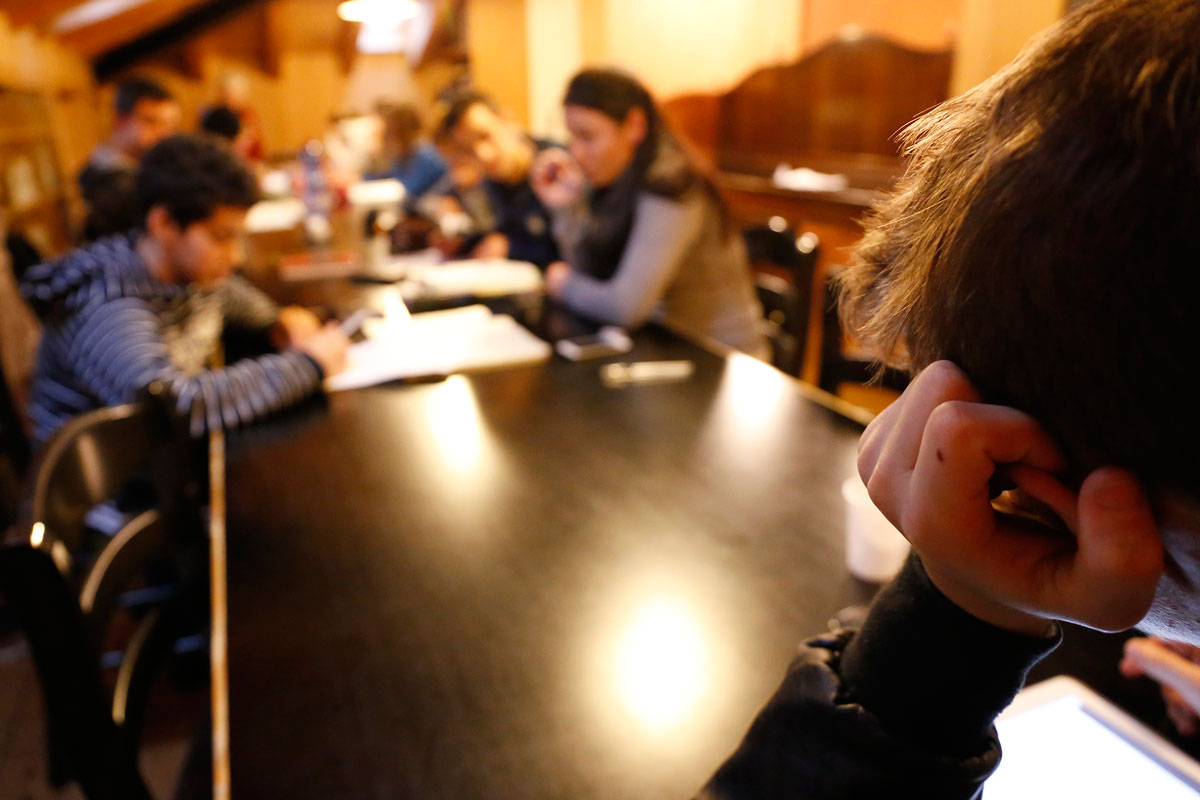Study skills and comprehension process in secondary-level students have been increasingly debated by scholars in the last years, due their crucial role in every learning activity, both for humanistic and scientific subjects, and for students’ performance (Cain & Oakhill, 2006). Learning disabilities urge teachers to pay more attention to didactic practice. Henceforth a stronger focus on how to help students is requested, in particular concerning the acquisition of strategies: the construction of scheme or concept maps, among other aspects, leads to a semantic knowledge and makes the retrieve of information easier. Low achievement is generally associated with poor knowledge and the use of strategies is necessary for the activation of compensatory processes in students with learning disabilities or learning difficulties. To this extent, the research aims at pointing out: the type of relation between study skills and the process of comprehension; the use of strategies and their role during the process of study; the performance of students with learning disabilities, compared with classmates.
(Co-authors: Cristina Ciociola, Beatrice Baragiola and Jennifer Biasolo, for the ECER Conference 2019. Research funded by Fondazione Deloitte. For the full paper, please contact Cometa Research)
Tag: learning disabilities
Inclusive school, the key to successful education

This paper addresses the topic of inclusive school as the key to successful education for everybody. Today’s multifarious forms of problems related to diversity and manifesting themselves in classroom impose a change on the school: to outgrow uniform and straight organizational and teaching models in favor of a flexible approach that responds to the special learning needs of individual pupils. Quality of school is measured by its ability to develop inclusive learning processes, that is to say to provide adequate and effective answers to each and everyone. Through the analysis of the experience made in the school Oliver Twist in Como, this paper highlights the distinctive features of inclusive good practices which ultimately lead to deliver successful education for everyone, starting from the integration of disabled students. Acknowledging the value of diversity and differences as a resource is a challenge to the traditional role of the special education teacher, whose role in this school has evolved into the innovative profile of a co-teacher, thus extending the inclusive perspective to a competent special education framework.

